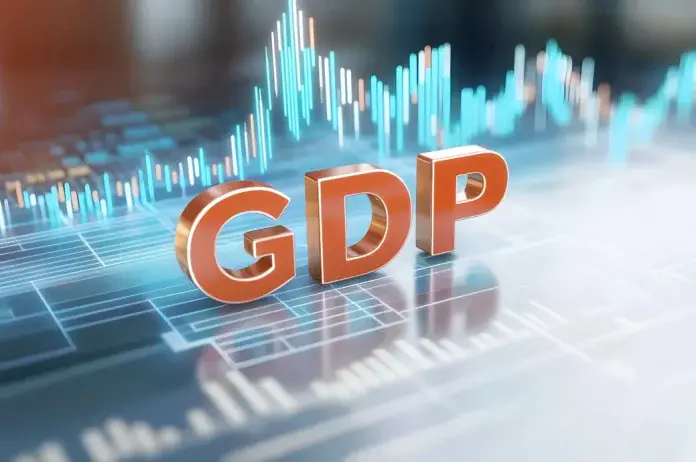By Ghana News
Copyright ghanamma

The West African Economic and Monetary Union maintained robust economic momentum despite a slight moderation in growth during the second quarter, as regional policymakers expressed confidence in the bloc’s resilience amid global economic uncertainties.
GDP growth in the eight-member UEMOA zone eased from 7.0 percent to 6.5 percent in the second quarter of 2025, Governor Jean-Claude Kassi Brou of the Central Bank of West African States announced during the third Monetary Policy Committee meeting held in Dakar on Wednesday.
The marginal growth deceleration occurs against a backdrop of significantly improved price stability, with regional inflation plummeting to just 0.6 percent during the same period. This dramatic reduction from previous quarters reflects enhanced food supply chains, lower imported commodity costs, and declining fuel prices across several union member states.
Governor Brou maintained the central bank’s optimistic full-year projection, reaffirming expectations of 6.3 percent growth for 2025, matching the performance recorded in 2024. The stability in growth projections demonstrates the region’s economic fundamentals remain solid despite temporary quarterly fluctuations.
The UEMOA bloc, comprising Benin, Burkina Faso, Côte d’Ivoire, Guinea-Bissau, Mali, Niger, Senegal, and Togo, continues benefiting from strong domestic demand and sectoral diversification. Oil and gas production expansion, alongside robust agricultural performance, provides the foundation for sustained economic expansion.
Regional economic resilience appears particularly notable when compared to global growth patterns. While major economies face mounting uncertainties and slower expansion rates, the West African monetary union demonstrates consistent performance driven by internal consumption and strategic sector development.
The dramatic inflation reduction to 0.6 percent represents a significant policy achievement for regional authorities. Improved agricultural productivity has enhanced local food security, while strategic import policies have reduced external price pressures on essential commodities including fuel and foodstuffs.
Central bank officials emphasized that favorable inflation trends create space for continued monetary policy support of economic growth. The combination of price stability and robust expansion provides an enviable position compared to many global regions struggling with persistent inflationary pressures.
However, Governor Brou acknowledged that external risks remain present, particularly regarding global trade dynamics that could affect commodity export revenues. The region’s economic managers are monitoring international developments that might influence terms of trade for key UEMOA exports.
The union’s external accounts showed improvement during the first half of 2025, suggesting that export performance and foreign investment flows continue supporting regional balance of payments stability. This external position strengthens the foundation for domestic economic expansion and investment financing.
Manufacturing and commercial sectors have contributed significantly to growth sustainability, benefiting from improved business conditions and increased regional trade integration. Financial sector activity has also accelerated, supporting credit availability for both businesses and consumers across member countries.
Economic projections anticipate continued acceleration driven by “strong agricultural, extractive, and manufacturing production, as well as by commercial and financial activities” throughout the remainder of 2025, according to regional policy coordination mechanisms.
The UEMOA’s economic performance positions the region as a relative bright spot in global economic conditions. While advanced economies grapple with growth challenges and emerging markets face various structural adjustments, the West African union demonstrates consistent expansion supported by favorable demographic trends and resource endowments.
Regional policymakers appear confident that current growth trajectories can be sustained despite global uncertainties. The combination of controlled inflation, strong domestic demand, and diversified production base provides multiple growth drivers that reduce dependence on any single economic sector.
For businesses operating within the UEMOA framework, the stable growth environment and low inflation create favorable conditions for expansion and investment planning. The predictable policy environment supports long-term business development strategies across the eight-member economic union.



